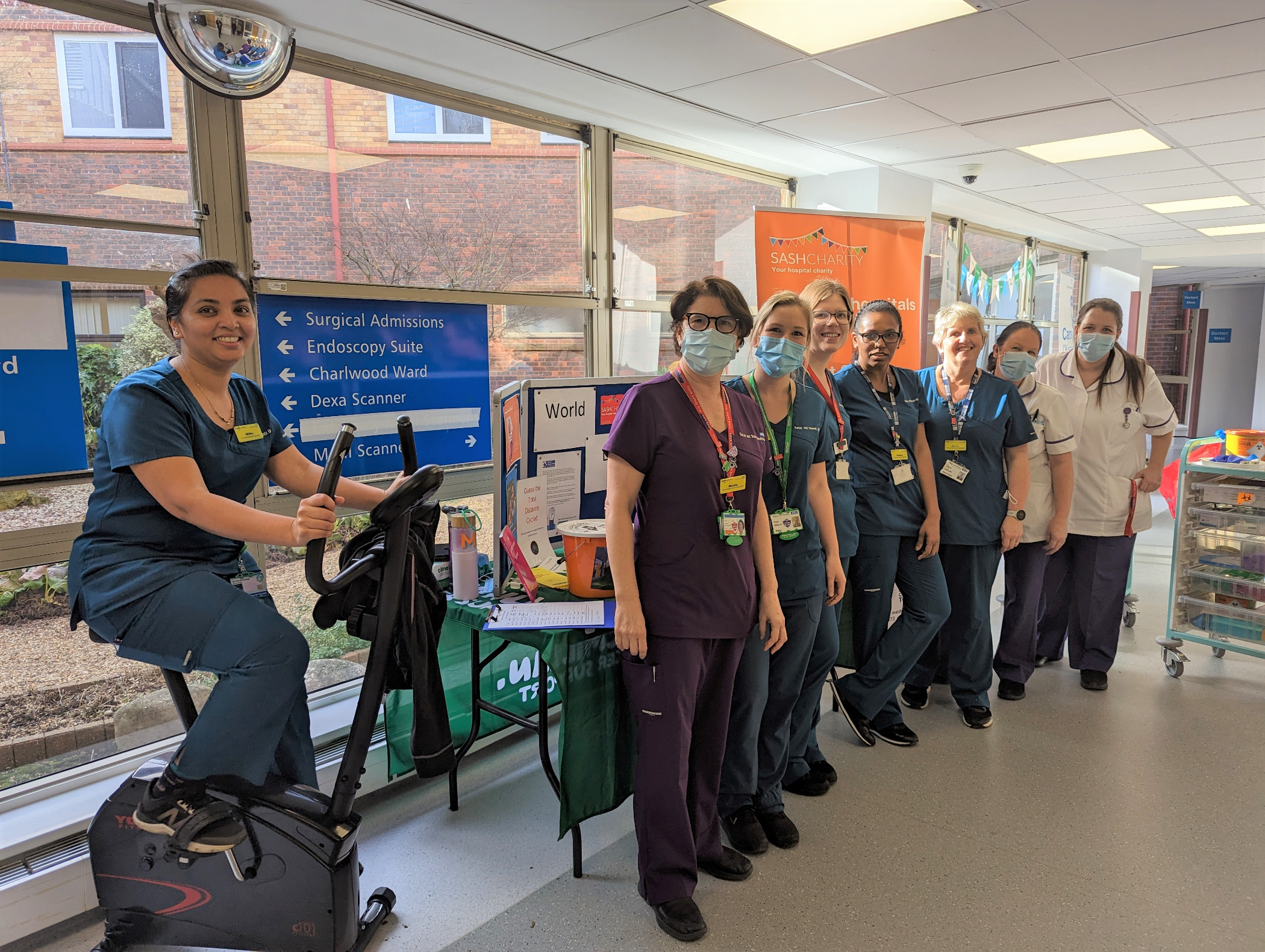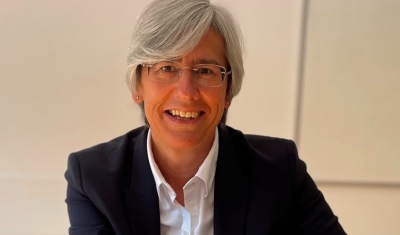Hello all,
This week, we participated in a nationally driven Multi-Agency Discharge Event (MADE). We know discharge continues to be a challenge, particularly around those in our beds who are well enough to leave but who require social care input to facilitate their discharge. This in turn has an impact on flow. MADE was an opportunity for us to apply our SASH+ work to board and ward rounds, working to improve patient flow and ultimately enable timely discharge. We looked at a red day, a day when a patient receives little or no value-adding acute care, and what needs to be done to turn this into a green day, a day when a patient receives value-adding acute care that advances their progress towards discharge. We also looked at mitigating delays, supported by a ward checklist to help us focus our efforts. Divisional directors of operations led a daily divisional huddle with staff supporting each ward to launch the day and set the expectations. All wards were allocated a non-clinical representative whose role was to help the ward teams identify reasons for discharge delays, to record those and then help overcome them. The data captured across the two days will support and inform the future programmes of work, and we’ll be sure to share the insight with you. Thank you to all those involved in this important initiative to improve flow for our patients.
I am pleased to say that as of this Wednesday, we have completely phased out the use of the anaesthetic gas desflurane at SASH. Amongst anaesthetic gases, desflurane is one of the most common, but also one of the most environmentally harmful. It has 20 times the environmental impact of other less harmful greenhouse gases and using just one bottle has the same global warming effect as burning 440 kg of coal or driving 3,200 miles in an average car! I am delighted that we are no longer using desflurane which is so harmful to our planet. I know how committed we are to doing all we can to reduce our carbon footprint as quickly as possible and this is an excellent example of the actions you are taking to make this happen. You can read the news release on this achievement here.
In more good news, I am delighted to share that we are welcoming back reverse mentoring. Mentor and mentee applications are now open. Reverse mentoring creates an opportunity for us to get to know someone we wouldn’t necessarily know from a different ethnic background. I took part in the pilot programme over two years and meet regularly with my mentor to this day. I get to see how someone else sees the world and why they see it this way. This is an intimate and precious experience and allows me to look at my own biases in the space we have created. The discussions we continue to have are invaluable to me and reinforces that the more we understand each other, the more inclusive we will be. As for my mentor, he said: “I found the experience enormously satisfying. Angela listened to my personal lived experiences intently. I also learned things about my own unconscious biases as well. I would heartily recommend the reverse mentoring program. The key point I would like to make is engagement; we were fully engaged from the start, and we continue to have regular meetings to this day.”
Thanks to the generosity of some of our consultants and the donations they made, we have managed to set up a hardship fund at SASH. We recognise that sometimes some of you may face urgent financial hardship and need some support very quickly to help you get by. Established by SASH Charity, the hardship fund allows us to help by making one-off hardship grants. The charity welcomes one-off or regular donations that will enable the fund to keep going and help more of you. It’s part of SASH Charity’s broader staff wellbeing appeal which has already funded outdoor seating, enhancements to staff rooms and more. If you’d like to donate to the hardship grants fund, click here and you can apply for the SASH Charity hardship fund here.
 Tomorrow is World Cancer Day and I want to acknowledge our wonderful teams who support people through their diagnosis and treatment. Last year we received 27,423 suspected cancer referrals and saw a 4% increase of the number of cancers diagnosed on the previous year. We also worked closely with our system partners to implement targeted lung health checks, a new ground-breaking flagship programme to improve earlier diagnosis and survival for those diagnosed with cancer. It is so important that we diagnose cancers as early as possible because, to put it simply, it is critical to improve cancer survival rates. Whilst we have made significant improvement in waiting times for patients, we know there is more that we need to do, so we continue to work closely with the Surrey and Sussex Cancer Alliance to improve our waiting times and implement best practice pathways for cancer patients, including improving the time we take to diagnosis colorectal and prostate cancers.
Tomorrow is World Cancer Day and I want to acknowledge our wonderful teams who support people through their diagnosis and treatment. Last year we received 27,423 suspected cancer referrals and saw a 4% increase of the number of cancers diagnosed on the previous year. We also worked closely with our system partners to implement targeted lung health checks, a new ground-breaking flagship programme to improve earlier diagnosis and survival for those diagnosed with cancer. It is so important that we diagnose cancers as early as possible because, to put it simply, it is critical to improve cancer survival rates. Whilst we have made significant improvement in waiting times for patients, we know there is more that we need to do, so we continue to work closely with the Surrey and Sussex Cancer Alliance to improve our waiting times and implement best practice pathways for cancer patients, including improving the time we take to diagnosis colorectal and prostate cancers.
Best wishes
Angela Stevenson
Chief executive

